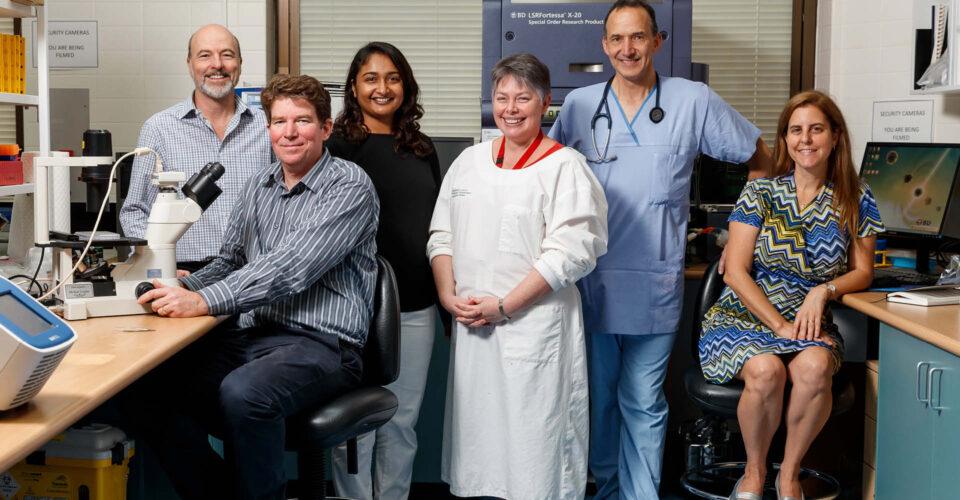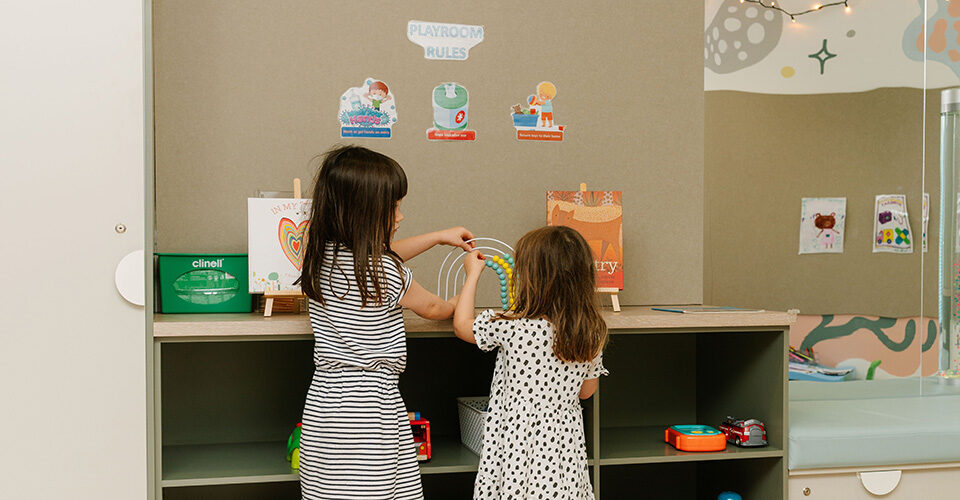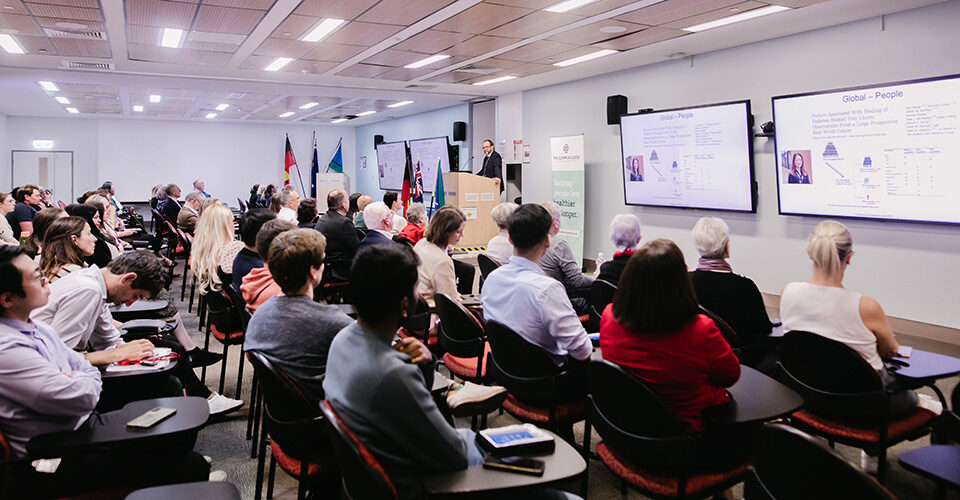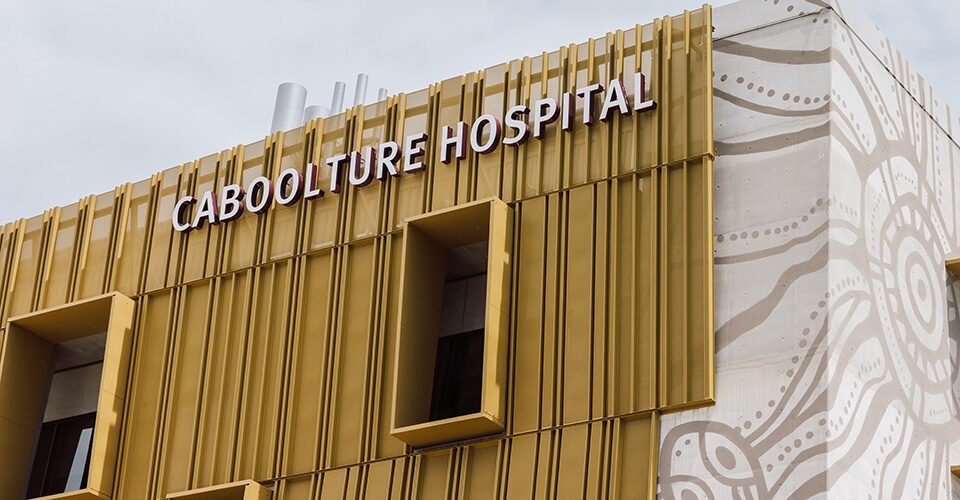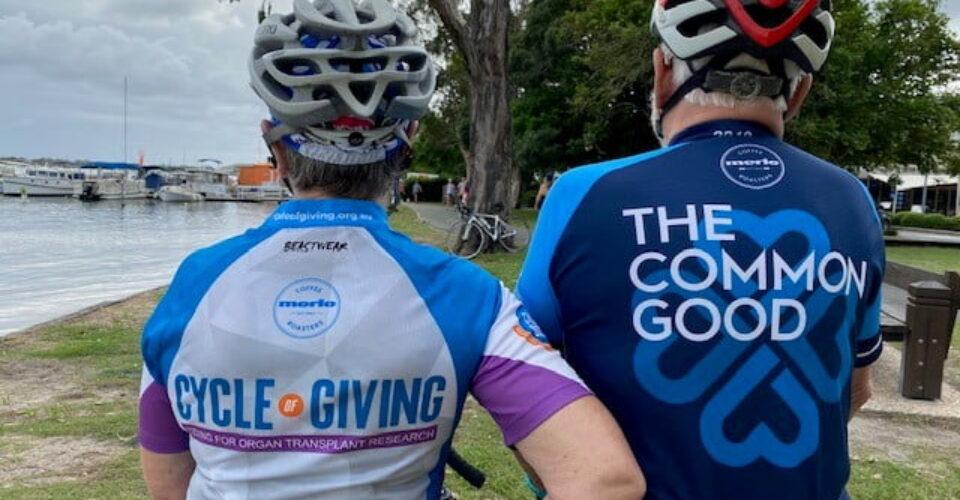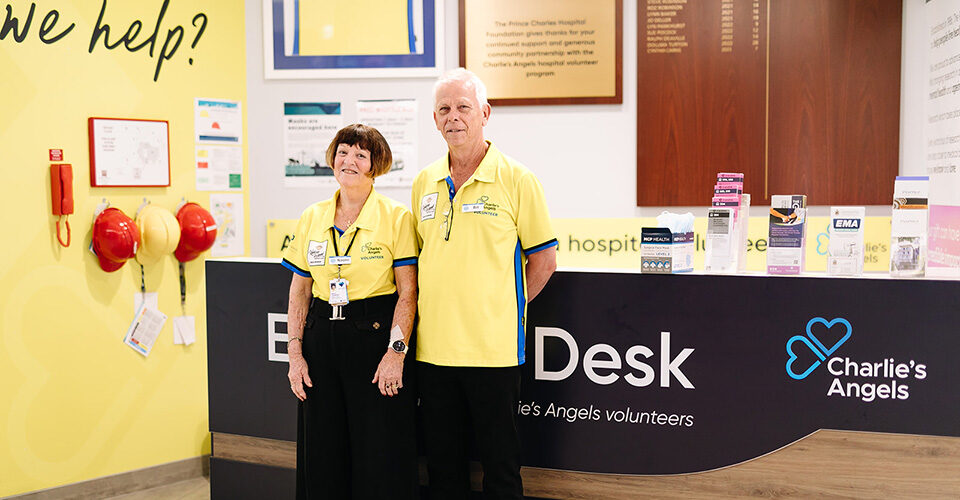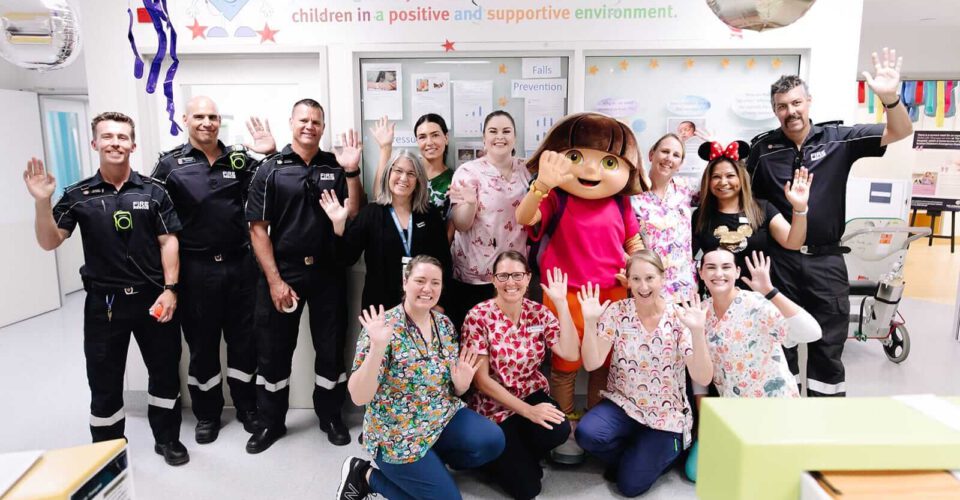Every year up to 100 Australians need a lung transplant to keep them alive. Currently lung rejection is experienced by 50% of these patients within five years of their life-saving transplant. The Lung Transplant Research team want to improve the odds for these recipients. If they could determine why this rejection is happening and how to treat it, they could give these patients a better, longer life and have more suitable organs for those that need them.
With the team setting out to better understand what is causing this rejection, they have honed in on a particular condition: the lungs develop scar tissue caused by a specific cell (fibroblasts) along the small airways, obstructing airflow and causing rejection. Early findings indicate that normal healthy stem cells from the transplanted lungs are mobile (floating) and will begin to become fibroblasts soon-after. These findings are important because they begin to explain why fibrosis (or scarring) occurs within transplanted lungs.
After learning more about this condition, they’ve also discovered that stem cells could potentially be used to help ‘recondition’ lungs.
This study means patients who have had a lung transplant may have a potential treatment for rejection just around the corner. This will not only give back hundreds of people in Queensland their quality of life, but is a treatment that can be applied to patients across the world. It will also open up the opportunity for more patients to receive life-saving treatments.
Support The Common Good here.
